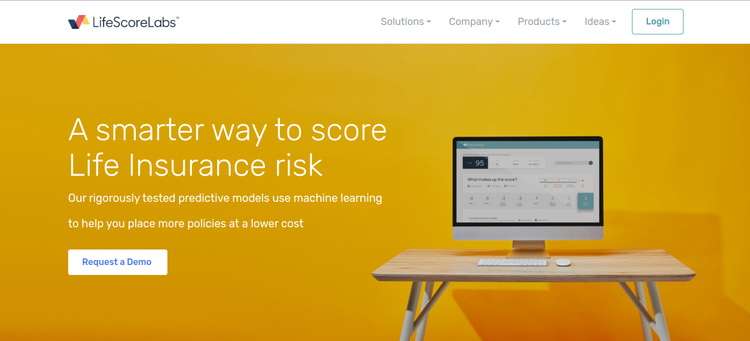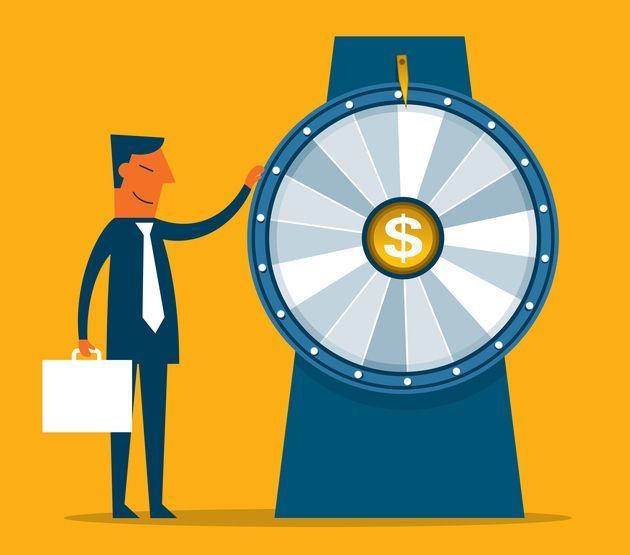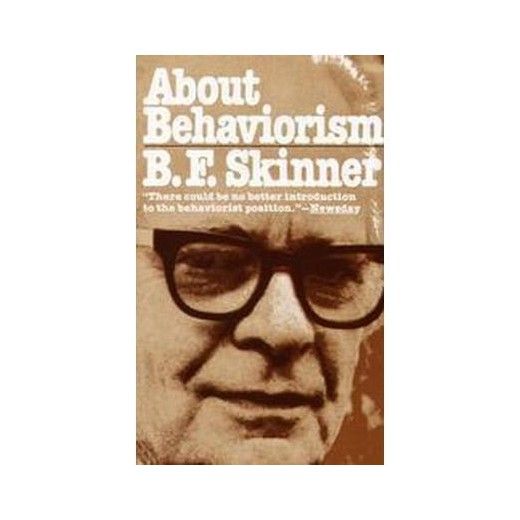Why we became journalists
Just the other day I suggested that the Web browser was growing obsolete, and would likely be replaced by something akin to a Wall Street trader's workstation -- but with the addition of content-creating capabilities. In other words, something like a Bloomberg terminal.
Now my fellow B2B blogger David Shaw suggests that the way we consume content in the future may be closer to the way we -- and by "we," I actually mean people both younger and hipper than I -- create content. In other words, by using something like Microsoft's new Xbox.
And that, in a nutshell, is what I love about media today. Our industry is shifting. Everything is subject to change. And the only thing I know for sure is that the future won't look like the present.
Consider, for example, these two stories from today:
1) Craig Newmark, the founder of Craigslist, says he'll launch a new venture within three months to alter the world of journalism by tapping into the "power of the masses."
2) Bram Cohen, inventor of BitTorrent, has signed a peace treaty with Hollywood. That opens the way for media companies to use Cohen's peer-to-peer software, which already moves roughly one-third of the traffic on the Internet, to provide video-rich files to consumers.
Imagine the potential in just those two pieces of news -- journalism produced by both users and professionals, morphed and added to as it moves across the Internet, filled with memory-intensive multimedia and distributed at unimagined speeds via P2P software.
Everything is exciting and new and unpredictable. And only an absolute imbecile isn't absolutely thrilled.
Because isn't that why we became journalists in the first place -- so that we could have lives of excitement, lives that were less routine and predictable than those of people in other professions?
tags: journalism, b2b, media, trade press, magazines, newsletters




